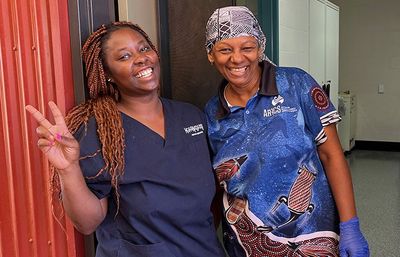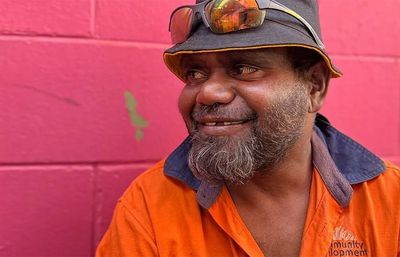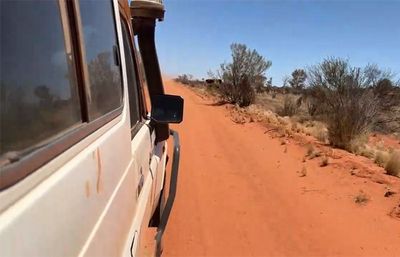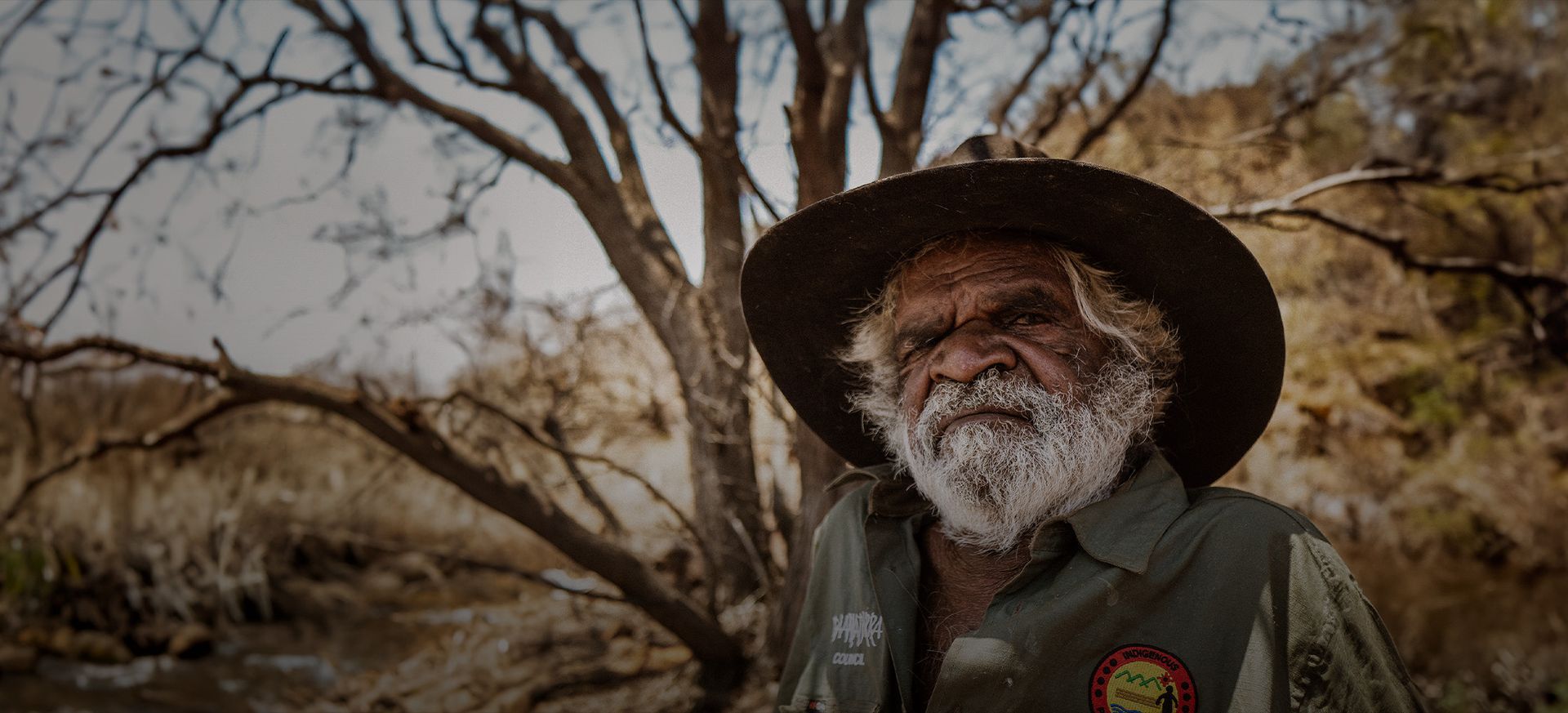
Embrace our
Culture
Button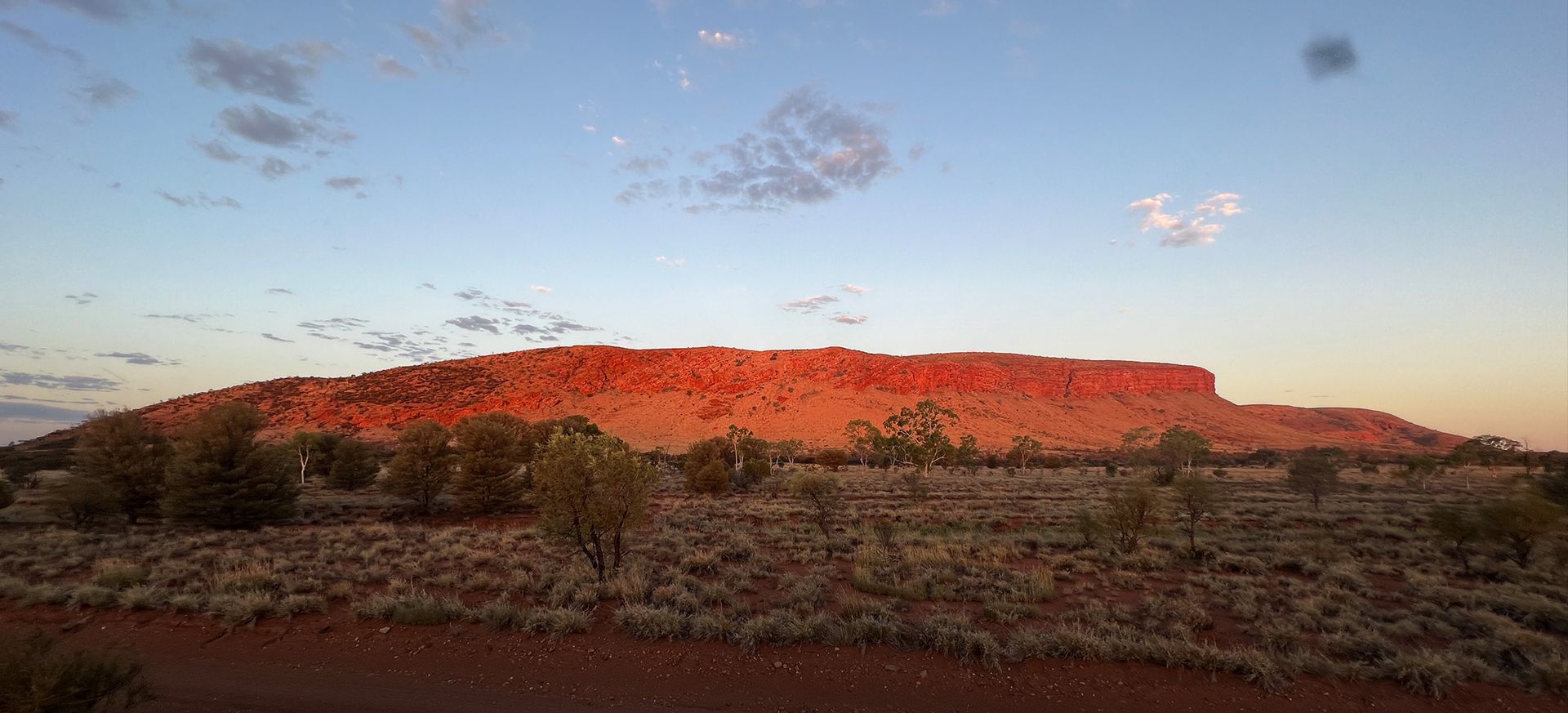
Discover our
Land
Button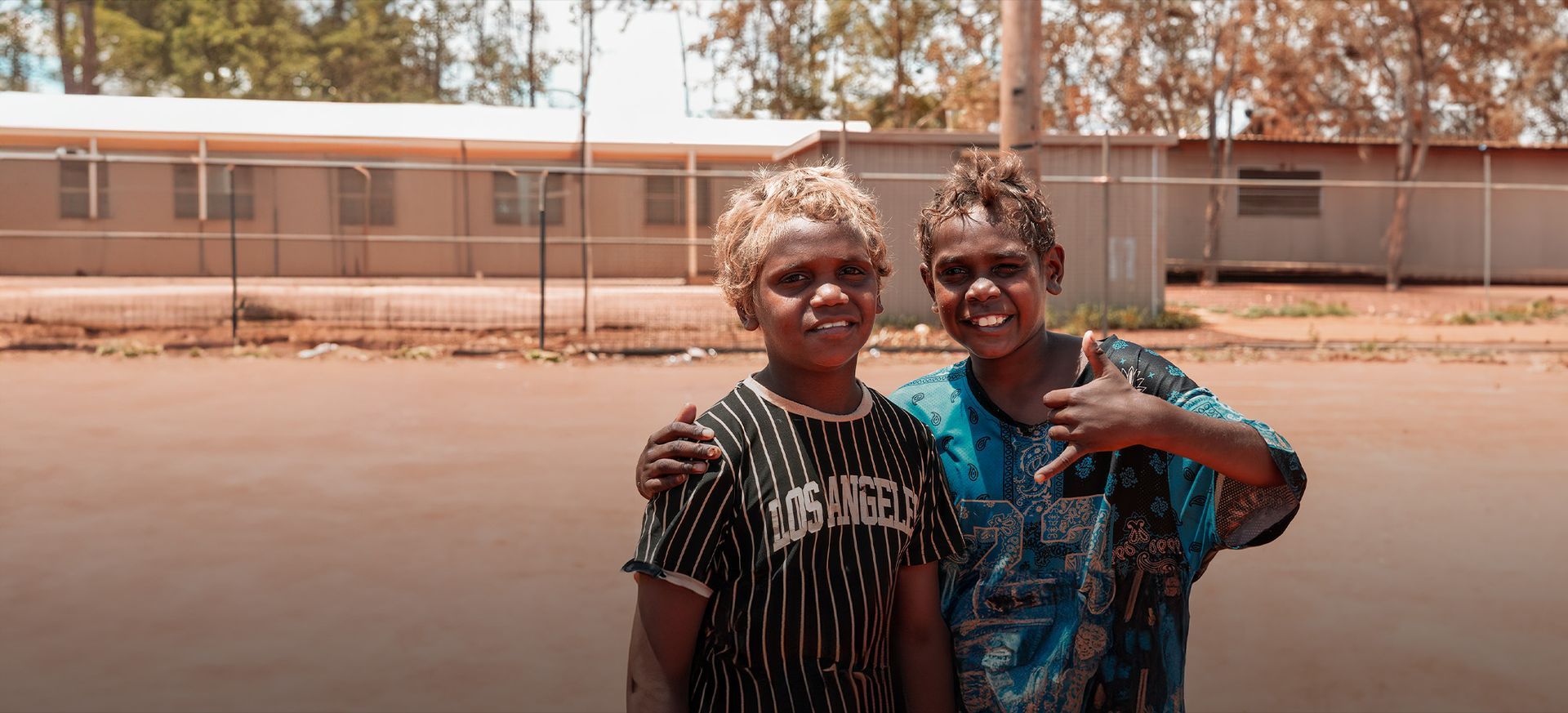
Get to know our
People
Button
Welcome to the Ngaanyatjarra Council
The Ngaanyatjarra Council (Aboriginal Corporation) represents the interests of around 1,800 Ngaanyatjarra, Pintupi and Pitjantjatjara Traditional Owners (Yarnangu) who reside in the eleven member communities of the Ngaanyatjarra Lands
Our Services
From essential Health Services, to Housing, Maintenance and Project Management, we collaboratively work across a range of service areas to achieve remarkable outcomes for our communities.
Employment Opportunities
We are passionate about making tangible impact within remote communities and are always on the lookout for likeminded and enthusiastic people to join the team and support our vision.
Passing by?
The Ngaanyatjarra Lands is an area governed and controlled by the Ngaanyatjarra People. Visitors require a valid permit to drive the Outback Highway which is home of "Australia's longest shortcut."
What's happening in our Communities

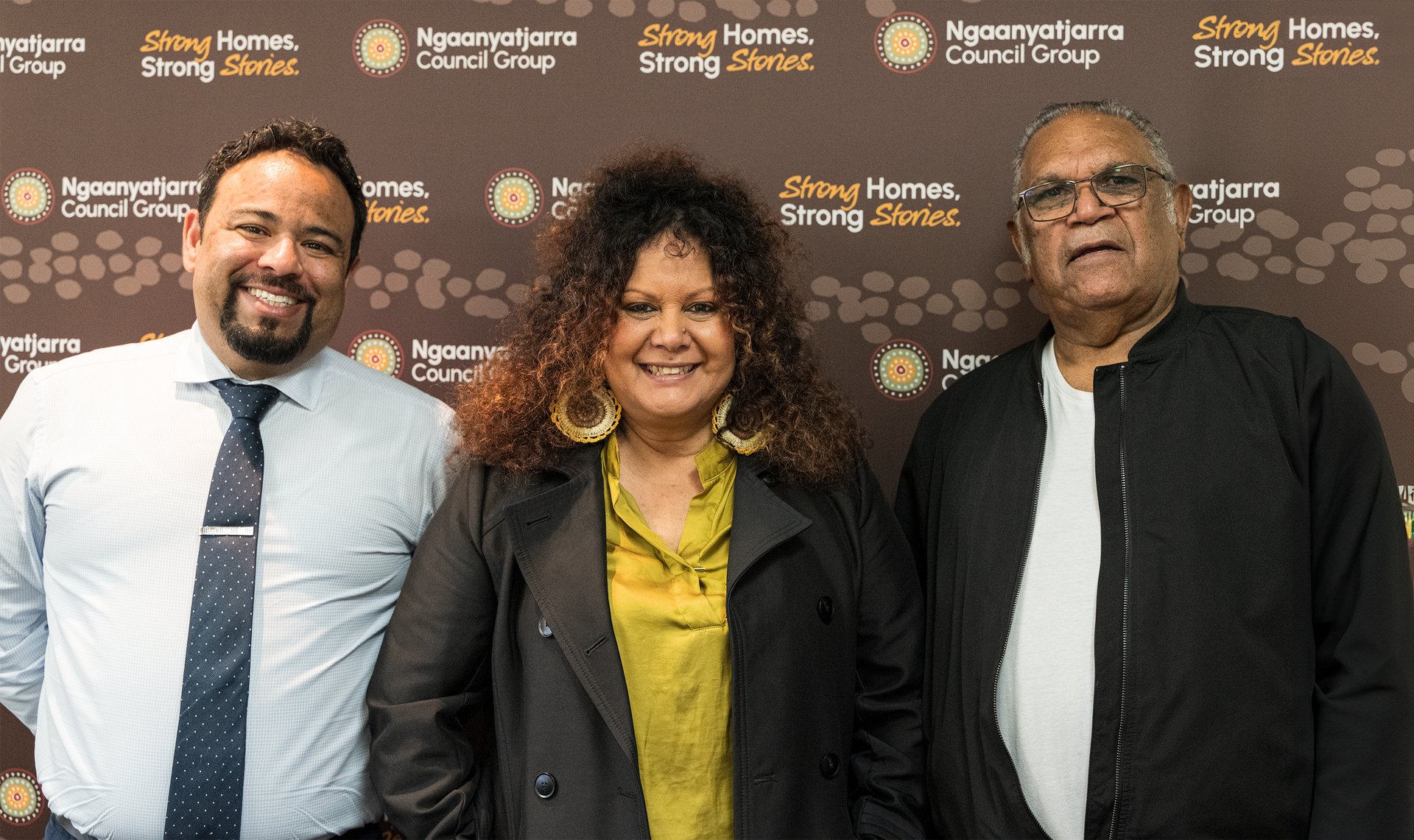
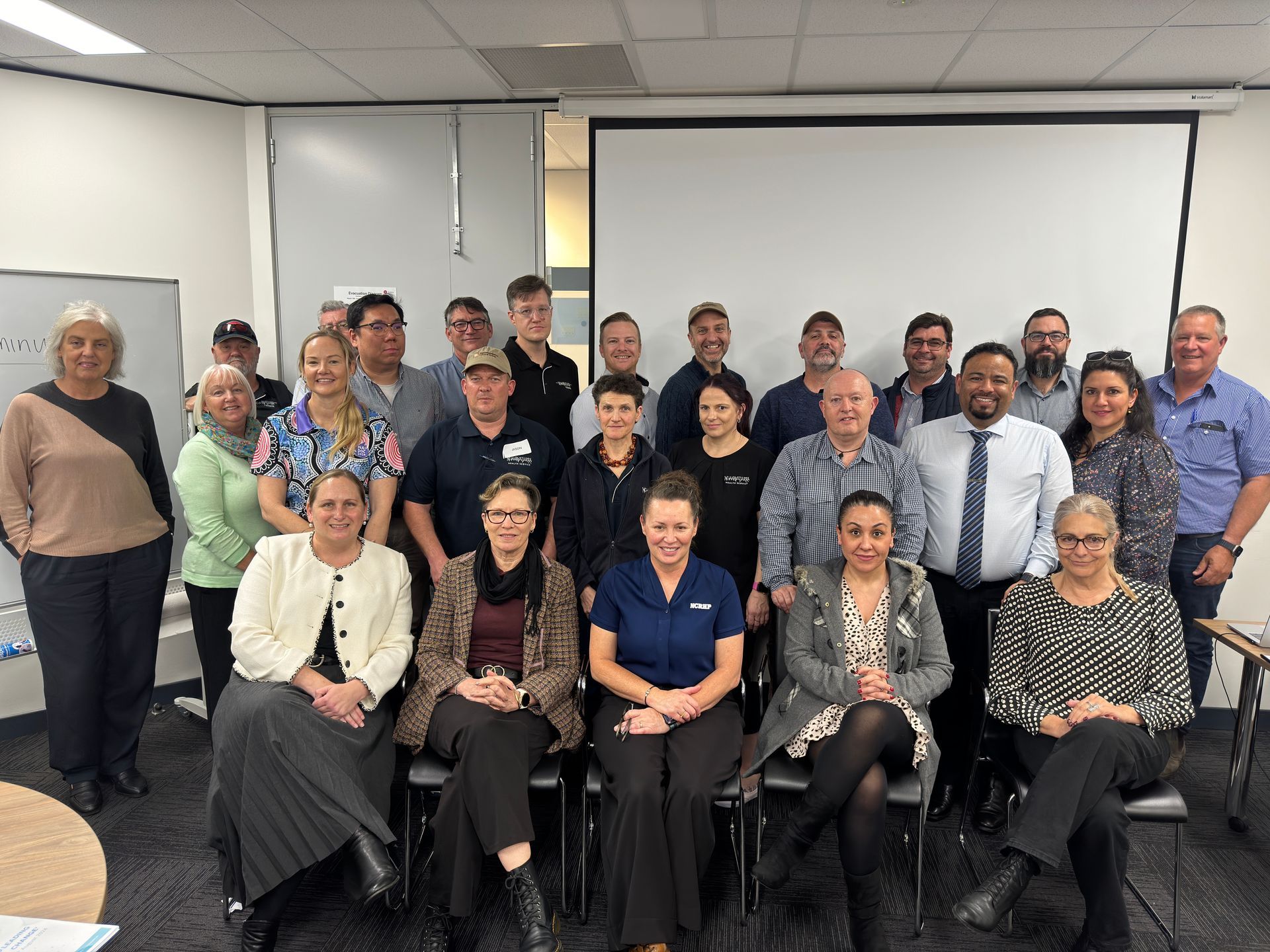
Our Vision
Yarnangu leading lives filled with purpose and agency, thriving in a culture-rich environment: Ngurra Rapa, Tjukurrpa Rapa.
Our Values
We are open and approachable
We value transparent communication that ensures inclusivity and collective engagement. We prioritise genuine connection and presence on country, valuing the contributions of all community members. Embracing cultural sensitivity, we strive to break down barriers through language and build meaningful relationships by active listening and empathy.

We are all equal and important
We’re committed to protecting and nurturing the inherent value and dignity of every individual. We prioritise safety, respect, equality, and empowerment in all aspects of our work. This means fostering a culture of holistic care and cultural sensitivity, ensuring everyone feels safe, heard, and respected.
We are better together
Our commitment to unity affirms our belief that collaboration yields better outcomes. By breaking down barriers and fostering collaboration across dapartments and communities, we amplify our collective strength while respecting our uniqueness. We ensure that all voices are heard, promoting inclusive decision-making processes in all we do. Through proactive communication and the sharing of resources, we enhance our ability to serve our communities.
We are accountable to members
We serve the collective interests of our members, prioritising transparency, and accountability in all our endeavours. We advocate for best practice governance and encourage community-controlled decision-making processes, ensuring essential services are delivered promptly to all. Inclusive decision-making and meaningful communication ensures that our efforts benefit the wider community, holding us accountable to our collective goals and promises.
We are responsible financial stewards
As financial stewards, we have a responsibility to prioritise the improvement of financial understanding within our communities and organisation to improve decision making and to combat waste and duplication. We aim to transparent reporting to empower community members. Continual reflection and accountability mechanisms help us ensure the best use of resources and financial integrity, to serve the collective interests of our communities.
We are open and approachable
We value transparent communication that ensures inclusivity and collective engagement. We prioritise genuine connection and presence on country, valuing the contributions of all community members. Embracing cultural sensitivity, we strive to break down barriers through language and build meaningful relationships by active listening and empathy.
We are all equal and important
We’re committed to protecting and nurturing the inherent value and dignity of every individual. We prioritise safety, respect, equality, and empowerment in all aspects of our work. This means fostering a culture of holistic care and cultural sensitivity, ensuring everyone feels safe, heard, and respected.
Our Communities
The Ngaanyatjarra Lands are located in Western Australia near the borders of South Australia and the Northern Territory. This area covers 160,000 square kilometres—approximately 3% of the Australian landscape. The eleven Ngaanyatjarra communities comprise Irrunytju | Wingellina, Kiwirrkurra, Mantamaru | Jameson, Papulankutja | Blackstone, Patjarr | Karilywara, Kanpa | Pira-Kata, Tjirrkarli, Tjukurla, Warakurna | Giles, Wanarn and Warburton | Mirlirrtjarra.
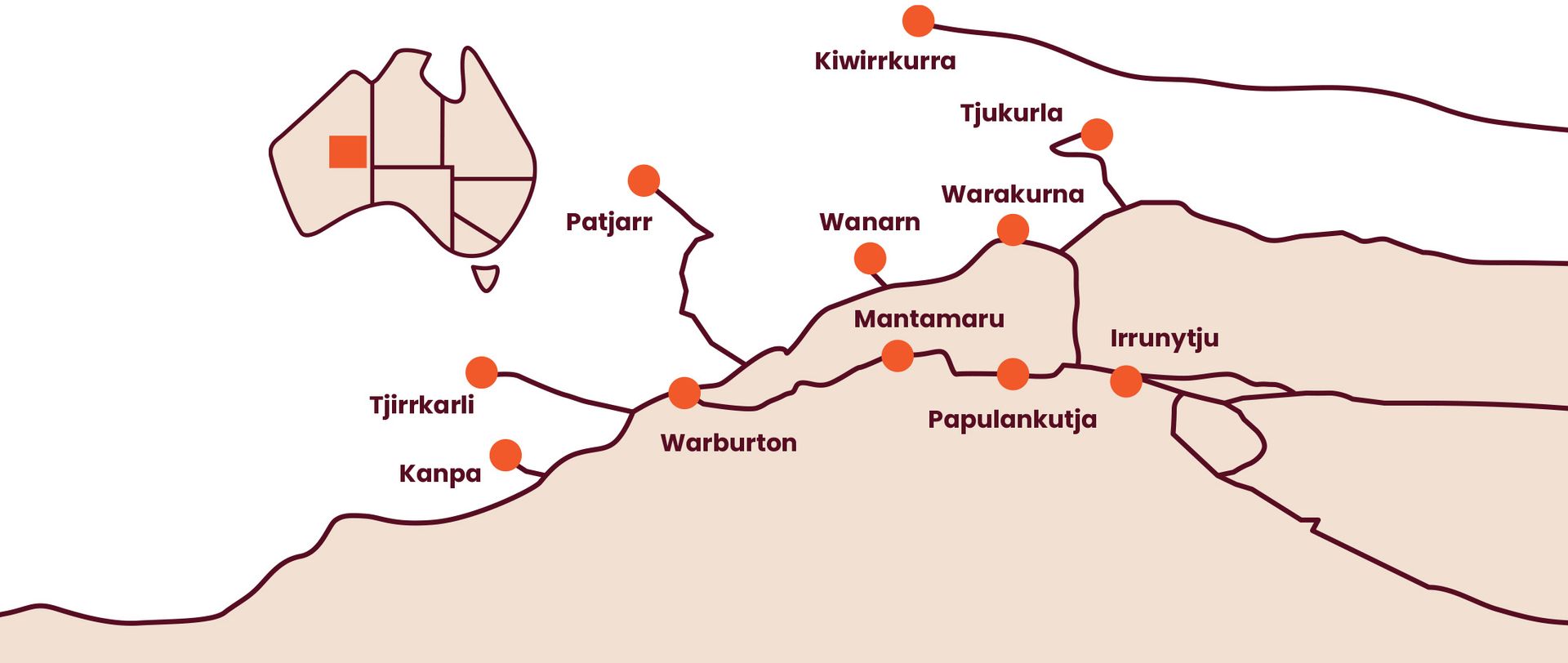
Did You Know?
Governance
The Ngaanyatjarra Council is the principal governance organisation in the Ngaanyatjarra Lands. The Ngaanyatjarra Council’s administrative base is located in Alice Springs. The third week of each month, the Ngaanyatjarra Council hosts both a general meeting for all members and a Board of Directors meeting.
Communities
Each Ngaanyatjarra community is an autonomous, separately incorporated body as well as a member of the Ngaanyatjarra Council (Aboriginal Corporation). In the 20 years since the Council’s formation, membership has expanded from five original communities - Milyatjarra (Warburton), Irrunytju (Wingellina), Papulankutja (Blackstone), Mantamaru (Jameson) and Warakurna - to 12 communities (the original communities plus Tjirrkarli, Patjarr, Wanarn, Kanpa and Tjukurla, Cosmo Newberry and Kiwirrkurra.
Pre-Council
Prior to the incorporation of the Ngaanyatjarra Council on 24 March 1981, representation of Ngaanyatjarra people was through the Pitjantjatjara Council. The formation of the Ngaanyatjarra area was based on the historical association with the Warburton Mission, a common language, and the Western Australian state border.
Human Presence
The Ngaanyatjarra Lands have few obvious signs of human presence. According to archaeological evidence from excavations in the Warburton area, continuous Aboriginal occupation dates back at least 10,000 years.
Industry
There has never been a pastoral industry and, apart from a few activities such as sandalwood harvesting, collection of dingo scalps and prospecting, there has been no other industry in the area.
Access
The Outback Highway (Great Central Road) bisects the Ngaanyatjarra Lands east to southwest, providing access to two major regional centres - Alice Springs (1,000 kilometres Northeast of Warburton) and Kalgoorlie (900 kilometres Southwest of Warburton). The 2,000 kilometre section of road from Laverton to Uluru National Park is unsealed and subject to wet weather closure.
Voting Rights
All residents of Ngaanyatjarra communities who are of voting age and identify themselves as being of Aboriginal descent, have voting rights on the council.
Remoteness
The Ngaanyatjarra Communities are some of the most remote communities in all of Australia. According to the Accessibility and Remoteness Index of Australia (ARIA), which measures the distance of a settlement from an urban centre, each community is "very remote" and a significant distance from any urban centre.
Size
Ngaanyatjarra Lands cover approximately 3% of mainland Australia(250,000 km2) and encompass sections of the Gibson Desert, Great Sandy Desert, Great Victoria Desert, and all of the Central Ranges within Western Australia.
Representation
Ngaanyatjarra Council Board of Directors has 17 members. Each Chair from the 12 member communities governing councils, 4 female representatives plus a chairperson elected by the general membership (on an annual basis) are on the Board of Directors.
Climate
The climate in the Ngaanyatjarra Lands is arid to semi-arid with average annual rainfall of 200-250 millimetres with a distinct summer pattern. During the summer, the mean daily maximum temperatures are around 37 C - days of 40+ C are common. Winters are cool with a mean daily temperature range of 6- 21 C; sub-zero temperatures are not often experienced. Periods of prolonged drought are not uncommon.

